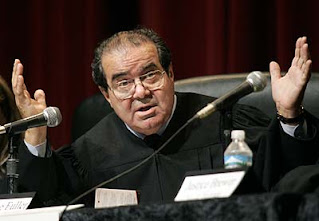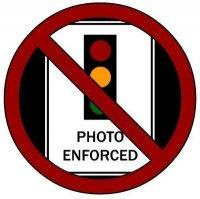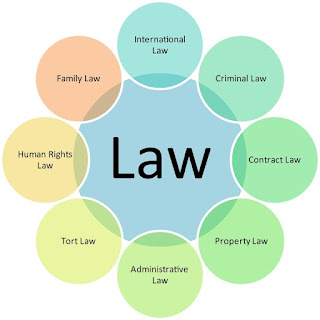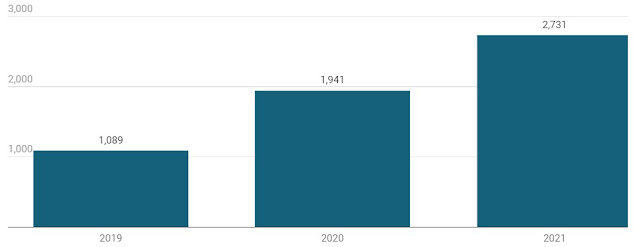Red Light Camera Failures in 6 U.S. Cities—and What Cities Must Do to Stay Legal
Red light cameras are only legal if properly calibrated and maintained. Across cities like Los Alamitos, Orange County, Los Angeles, Denver, Fort Lauderdale, and Chattanooga, courts have thrown out tens of thousands of tickets due to uncalibrated or mismanaged systems.
Here’s what happened, what cities are required to do under the law, and how drivers can fight back.
✅ How Cities Must Keep Red Light Cameras Legal
For red light cameras to be legally enforceable, cities must:
-
Maintain written calibration and maintenance logs
-
Cameras must be tested and certified regularly (e.g., monthly or quarterly).
-
Logs should include date, time, technician name, and results.
-
-
Document yellow light timing compliance
-
Yellow light durations must meet federal minimums (typically 3 to 5 seconds depending on speed limit).
-
-
Use sworn officer review or court-approved certification
-
A sworn officer or traffic official must review and verify every violation before it is sent to a driver.
-
-
Provide evidence access to the driver
-
Cities must allow drivers to review photo/video evidence before court or payment.
-
-
Avoid outsourcing legal decisions to private vendors
-
Cities can’t delegate enforcement authority (like ticket issuance or legal judgment) to third-party camera vendors.
-
⚠️ Los Alamitos, CA: 1,000 Tickets Thrown Out Over Calibration
In 2023, Los Alamitos admitted to cancelling 1,000 red light tickets after failing to verify that camera systems were properly installed and calibrated (HighwayRobbery.net).
The system lacked certified calibration logs—making tickets unenforceable under California law.
Fix Needed: Los Alamitos must document monthly calibration checks, install certified timing software, and retrain personnel to verify each citation.
⚠️ Orange County, CA: Misconceptions & Legal Gray Area
In Orange County, many drivers mistakenly believe red light camera tickets are unenforceable. But as legal experts clarify, these tickets are still prosecuted—and ignoring them can result in court action (DennisBeaver.com).
Fix Needed: Cities must provide clearer communication, proof of system calibration, and accessible dispute resolution.
⚠️ Los Angeles, CA: Program Ended After Legal Failures
Los Angeles shut down its red light program in 2011 due to enforcement and credibility issues. Over 45% of tickets went unpaid, and courts later ruled that improper calibration recordkeeping made tickets unenforceable (Greg Hill & Associates).
Fix Needed (if reinstated): A full-time audit system, monthly camera testing, and sworn officer oversight would be required.
⚠️ Denver, CO: 1 in 3 Tickets Dismissed
In 2015, 7,701 red light and photo radar tickets were dismissed in Denver, or about 36% of total citations. Reasons included poor-quality photos, system errors, and lack of identification (CBS Colorado).
Fix Needed: Camera logs must prove accuracy and timestamp verification; clearer identification protocols are also necessary.
⚠️ Broward County, FL: 24,000 Tickets Thrown Out by Courts
In 2014, Florida courts ruled that cities like Fort Lauderdale and surrounding areas illegally delegated ticket processing to private companies, violating state law. As a result, 24,000 tickets were dismissed (FindLaw).
Fix Needed: Cities must retain direct legal control over citations and verify every ticket with sworn officer approval.
⚠️ Chattanooga, TN: Yellow Lights Too Short
In Chattanooga, a short yellow light duration caused 176 drivers to be unfairly cited. The city later refunded those tickets when it was discovered the timing was under federal minimums (PhotoRadarScam.com).
Fix Needed: Traffic engineers must audit all yellow lights and ensure they meet federal timing standards—at least 3 seconds depending on the speed limit.
🚨 What Drivers Can Do If They Receive a Ticket
If you’ve received a red light camera ticket, take the following steps:
-
Request Calibration and Maintenance Logs
Ask the issuing agency for a copy of camera calibration records. -
Review Video or Photo Evidence
Check for time stamps, plate visibility, and whether you clearly entered the intersection on red. -
Check Yellow Light Timing at the Intersection
Record the yellow light duration. If it’s too short, that’s grounds for dismissal. -
Verify Enforcement Authority
Confirm whether a city employee—not a private vendor—approved the citation. -
Consult Legal Help or Traffic Advocates
Especially in California and Florida, court precedents may help you get your ticket thrown out.
Final Thoughts
Uncalibrated or mismanaged red light cameras lead to illegal citations, public distrust, and lost revenue for cities. By enforcing clear calibration protocols, following legal standards, and giving drivers fair due process, cities can regain credibility—and protect public safety without exploiting technical loopholes.















